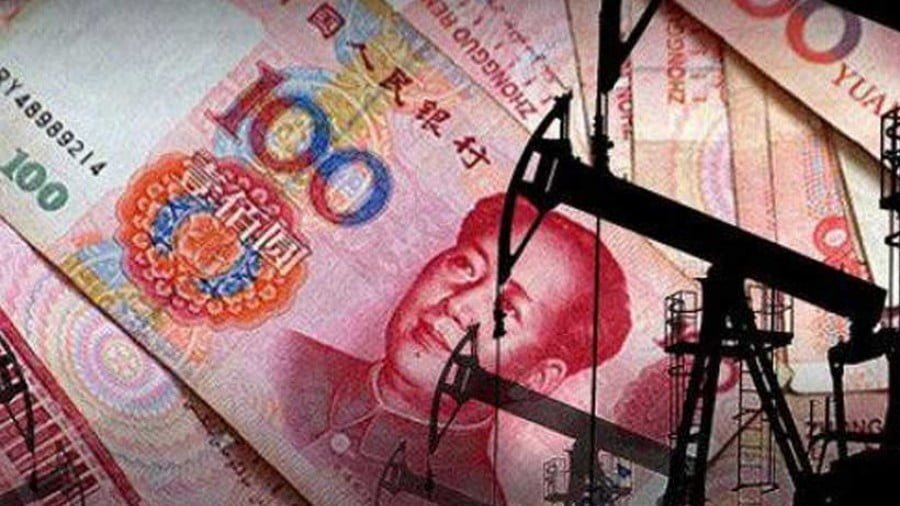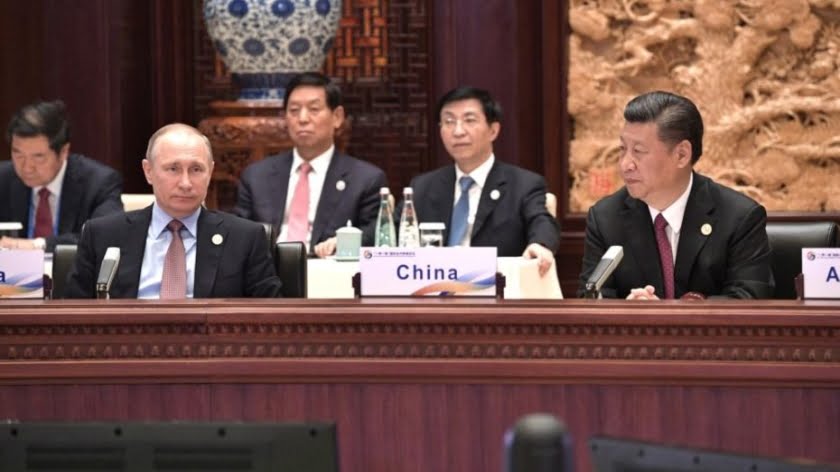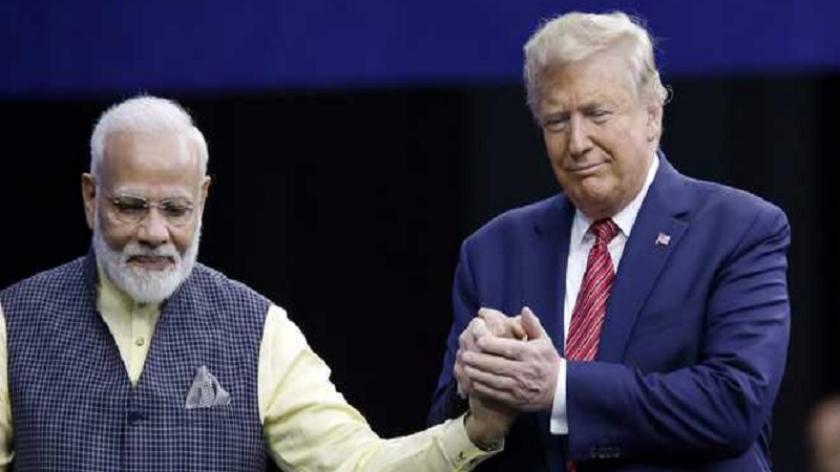The “Petroyuan” Might Save Nigeria and Avert Another Migrant Crisis
China has expressed a readiness to increase its investments in Nigeria’s oil industry.
The China National Offshore Oil Corporation has plans to pump another $3 billion into this sphere on top of the $14 billion in assets that it already has in the West African state, which is a huge move that indicates its intent to challenge the US and India for influence in Africa’s most populous country. Washington is Abuja’s top military partner, albeit a conditional one that can’t always be counted on for help, while New Delhi is its largest energy partner, but what China’s seeking to do is leverage its interconnected oil and financial policies in order to ultimately become Nigeria’s most important developmental one.
The announcement that China intends to increase its energy investments in Nigeria by over a fifth follows a $2.4 billion currency swap deal in early May, which while seemingly not a lot in absolute terms, is designed to strengthen the future prospects for the so-called “petroyuan” by tying Africa’s largest oil producer to the petrodollar’s worst enemy. This strategy is expected to dovetail with the several rail corridors that China wants to build in Nigeria in order to make the country the most important node along the vast Sahelian-Saharan Silk Road megaproject that it’s gradually constructing, which is envisioned to lift the world’s greatest concentration of extremely impoverished people out of their misery.
Time is of the essence, however, since Nigeria is a ticking time bomb of Hybrid War unrest beset by multisided problems stemming from its geopolitical origin as the union of two previously separate British colonies. Whether it’s Boko Haram in the arid northeast, so-called “Biafra” militants in the lush Niger Delta, or ethno-religious conflicts between herding and farming communities in the arable “Middle Belt”, Nigeria is quickly becoming overwhelmed with so many security challenges that the only hope for resolving them all is to introduce a sustainable developmental solution in the afflicted regions such as the type that China envisions through its Silk Road strategy there.
Connecting Nigeria to the emerging Multipolar World Order through China’s interlinked oil, financial, and developmental deals is a step in the right direction, but it’ll nevertheless take more than the “petroyuan” and railroads to save this failing state, but if Beijing is successful, then it might also end up saving Europe from the Migrant Crisis 2.0 that would inevitably be catalyzed if Africa’s most populous country collapsed.







